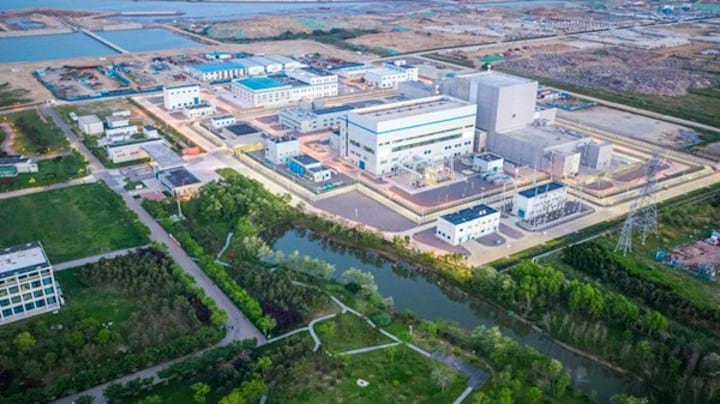The Weekly Reflektion 41/2024
Reflekt will organise a breakfast seminar Wednesday 27th November. In the seminar we will consider what the offshore petroleum industry can learn from the Grenfell Tower fire in 2017.
The seminar will be held at the Quality Hotel Pond in Forus from 0800 to 1000. A light breakfast will be served beforehand. There is plenty of free parking at and around the hotel. Please let us know if you would like to attend.
Inherently safer designs are based on four principles. Eliminate the potential for hazards, reduce the probability of a hazardous event, reduce the severity of the consequences, and separate or protect the people from the hazard. Elimination should be the first port of call in the journey to safe operation. It is however unlikely that all hazards can be eliminated so there will always be a residual risk with any operation. There are also uncertainties and limits to our knowledge that may lead us to believe we have never truly eliminated the hazard.
Can you actually eliminate the hazard?

Energy production is essential to a modern society and societydevelopment has been characterised by increasing energy demands. This demand has driven the increase in greenhouse gas emissions and the resulting concerns on climate change. The world is still dependent on fossil fuels to provide energy, and this situation is likely to continue in the near and arguably far future. Billions are being spent on alternative carbon free energy sources and these are not without their challenges. The resistance to unsightly windmills on land, the cost of offshore wind generation, the displacements of people required for new dams for hydroelectric power, the technology challenges with fusion, being some topic examples. Energy from fission and nuclear power stations may be the only realistic way to provide reliable carbon-free energy around the world in the timescale required to prevent the consequences predicted by the increase in global temperature. Nuclear energy is unfortunately stigmatized by high profile accidents, e.g. Three Mile Island, Chernobyl, Fukushima, and there are concerns on the hazards associated with radioactive waste. There is also the taint of nuclear reactors producing uranium and plutonium for nuclear weapons. Protests against nuclear power have also highlighted a strong emotional response both from the public and from politicians making the decisions on future energy generation. Many people are afraid of nuclear power.
Nuclear power has a low fatality rate compared with other energy sources. Here are some of the statistics for comparison, brown coal 33.7 deaths per terawatt hour, gas 2.8 deaths, hydroelectric 1.3 and nuclear power 0.03. These statistics include the direct deaths from accidents, and indirect deaths, for example from air pollution.
The accidents at Three Mile Island, Chernobyl and Fukushima, occurred because reactors overheated causing meltdown. Chinese engineers have recently achieved a nuclear safety breakthrough by shutting down the power to the cooling systems of two large-scale nuclear reactors and letting them cool down safely themselves. Conventional reactors need a flow of coolant to remove excess heat if the heat generation cycle for power production is interrupted. Handling of failure in the emergency cooling cycle is a critical factor in the safe operation. The Chinese reactors have an inherently safe cooling system that requires no external power or human intervention in order to function. The probability of a meltdown is significantly reduced, however is it eliminated? History has shown us that there are always some uncertainties,and that people often find incredible ways, often without intent, to circumvent the systems put in place to prevent a Major Accident.
The Chinese nuclear reactor demonstrates the inherent safety that we should strive to find in the design of all facilities that use or produce hazards materials. Inherent safer design should be imprinted in the minds of all engineers involved in the design and operation of such facilities.
